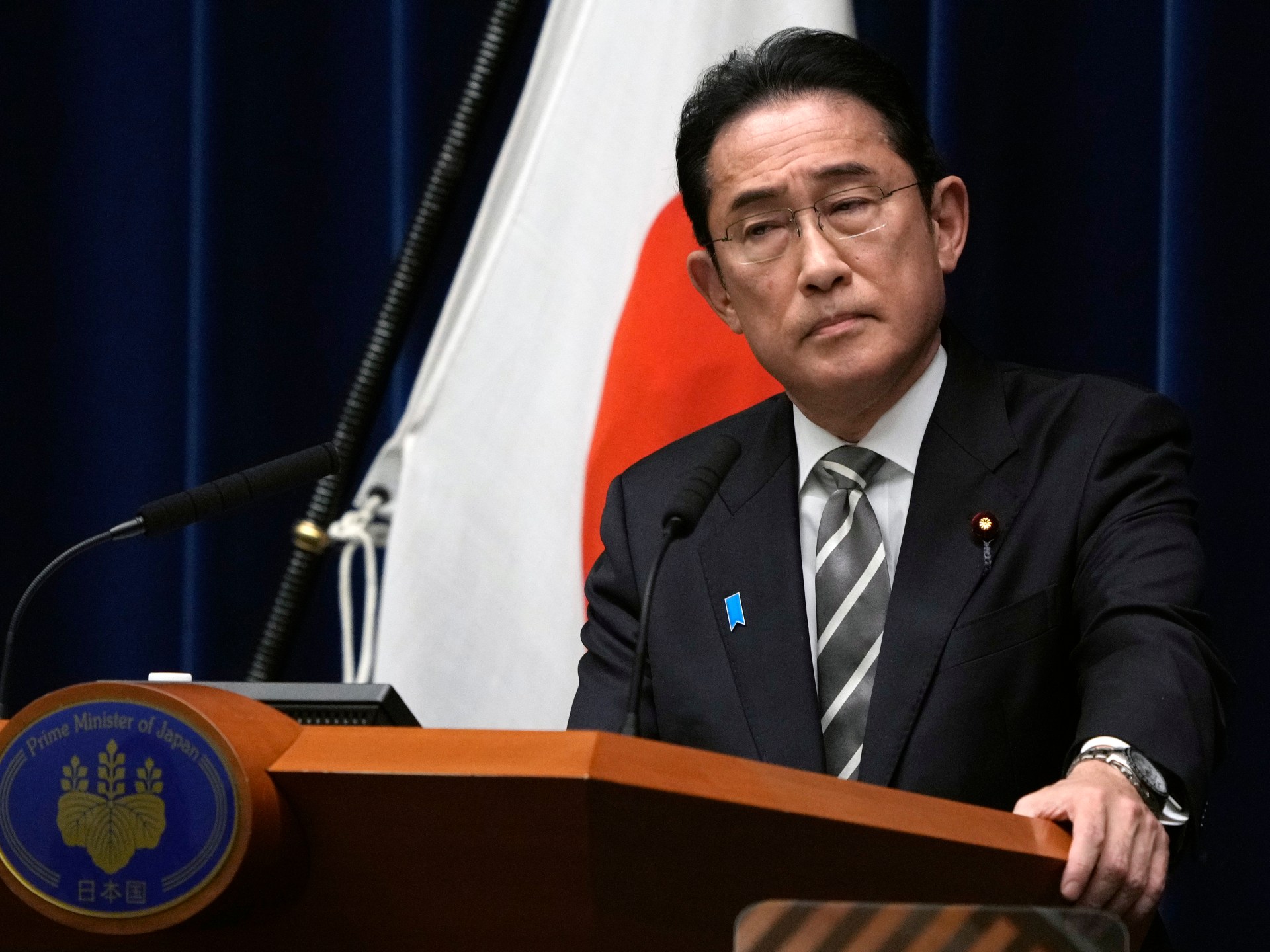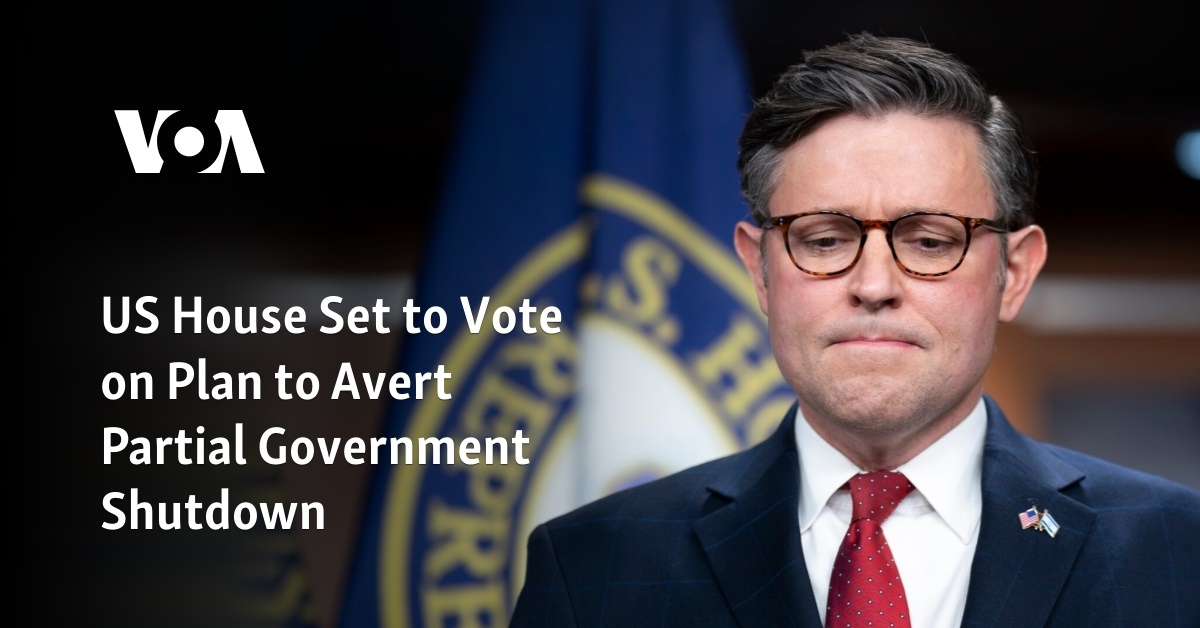
The escalating scandal surrounding allegations of unreported bribes from the ruling party’s fundraising campaigns is taking a toll on important ministers.
Japanese Prime Minister Fumio Kishida is restructuring his government as a major corruption scandal in the ruling party has led to the resignation of several ministers, including close ally and government spokesman Hirokazu Matsuno.
Matsuno, whose official title is head of cabinet, announced his resignation on Thursday after Economy and Industry Minister Yasutoshi Nishimura also resigned.
Jiji Press and other Japanese media said Interior Minister Junji Suzuki and Agriculture Minister Ichiro Miyashita would also resign and that five deputy ministers would be fired.
The ministers all come from the so-called Abe faction, named after the murdered former prime minister Shinzo Abe It is the largest and most powerful faction of the ruling Liberal Democratic Party (LDP).
News outlets reported that Japanese prosecutors have launched a criminal investigation into the faction over allegations that it received about 500 million yen ($3.5 million) in donations that were missing from party accounts.
“In light of the various allegations regarding political funds that have shaken the public’s trust in politics, and the various allegations regarding my own political funds, I have tendered my resignation,” Matsuno said at a news conference. He will be replaced by Yoshimasa Hayashi, who was foreign minister until September.
Kishida announced late Wednesday that he would reshape his government as he struggles to control the fallout from the party scandal that has run Japan almost continuously since the end of World War II.
He said he regretted that the scandal had deepened political distrust and insisted he would take urgent action to address it.
“We will tackle the various issues surrounding political money head-on… I will do everything like a ball of fire and lead the LDP to restore public trust,” he told reporters.
According to broadcaster NTV, investigators are expected to begin searching MPs’ offices for evidence as early as next week and looking into whether other LDP factions – including one led by Kishida until last week – are involved, the reports said.
Nishimura was quoted as telling reporters on Thursday: “The public around me is doubtful about political means, which leads to distrust in the government. “With an investigation underway, I thought I would try to remedy the situation.”
Since news of the latest scandal broke a few weeks ago, Kishida has fallen to about 23 percent, his lowest level since he took office in October 2021, according to a recent poll by national broadcaster NHK.
Support for the LDP has also declined.
The Prime Minister who has already done it has reshuffled his cabinet There are no elections to be held twice before October 2025, and a fragmented and weak opposition has historically struggled to take sustained action against the LDP.
Opposition groups led by Japan’s Constitutional Democratic Party (CDPJ) filed an unsuccessful no-confidence motion against Kishida on Wednesday.
“The LDP has no ability to clean itself,” said CDPJ leader Kenta Izumi. “It is questionable whether they can select someone who is not involved in dark money funds.”
Japanese Communist Party leader Kazuo Shii called the scandal “a bottomless, serious problem.”
According to media reports, over the past five years, Matsuno allegedly diverted more than 10 million yen ($70,600) from money he raised at faction fundraising events into a slush fund, while Nishimura allegedly diverted 1 million yen ($7,000). kept.
While most senior figures mentioned in the media remained silent, Vice Defense Minister Hiroyuki Miyazawa said on Wednesday that he had been told by the Abe faction that “it was OK not to send his first bribes in 2020-2022.” to enter the records of the funds” and that he assumed that it was a practice that had been going on for years and was legal.
Miyazawa also said he felt compelled to speak out despite being ordered to remain silent. The amount he accepted was reportedly only 1.4 million yen (US$9,800).
Collecting proceeds from party events and paying bribes to lawmakers are not illegal in Japan as long as they are properly recorded under the Political Funds Act. Failure to report such payments can result in a prison sentence of up to five years. However, criminal prosecution is difficult because it requires proof of specific instructions to an accountant not to report the transfer.






Recent Comments